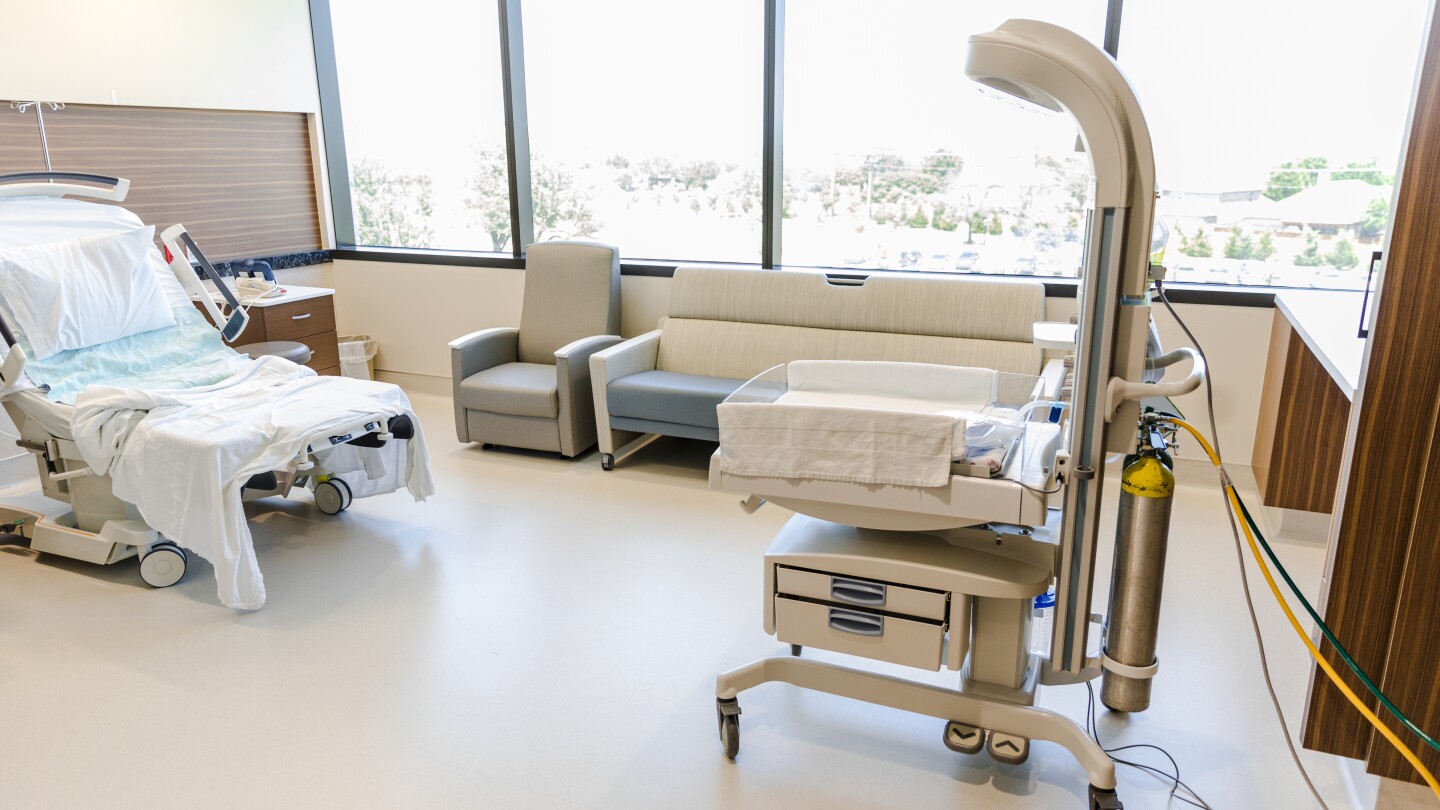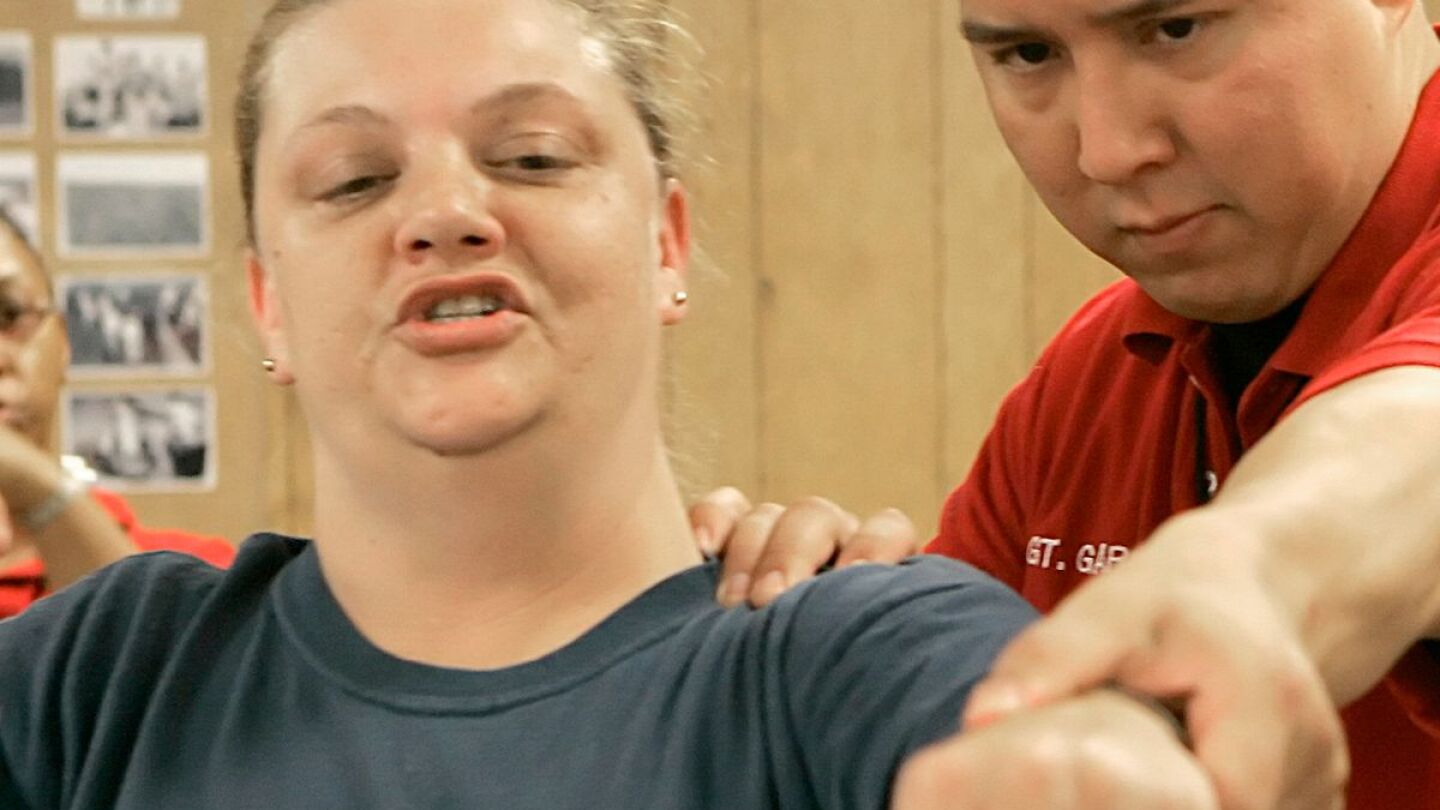Corrections Training
Corrections training is essential for equipping staff with the skills and knowledge to manage inmates effectively and maintain facility security. This directory offers articles on various training programs, techniques, and best practices within the correctional system. Proper corrections training ensures that officers are prepared to handle the challenges of their roles, promoting safety and professionalism. Explore our section on additional career development resources.
Learn how inmate privacy violations, as officers observed an inmate’s naked body during childbirth, led to a lawsuit in Brown v. Dickey
You can never have too much insight; check out these six must-read corrections books
This program helped several facilities make a dramatic change
Are you not being welcomed by senior staff because you’re a rookie?
DOC officials say the training needs to be ramped up for more officers to receive it
Positive communication from the control tower can set the tone for the rest of the facility
If you want to learn, you should be given the opportunity to learn! Training 101!
We need to support those who do the right thing
Rosie Anderson discusses the assault that happened to her at Central Prison in North Carolina
The success of our colleagues affects areas of our personal and work lives on a daily basis
Are we doing enough in corrections to create a welcoming and supportive environment for new staff members?
State Representative Thomas Albert addresses key issues impacting COs in Michigan
In this episode of Tier Talk, Anthony Gangi discusses the dangers of doubt
Look to empower - not micromanage - your employees
While the inmates in our care have been legitimately deprived of liberty, they still have certain constitutional rights
Anthony Gangi discusses the importance of committing to an act and never standing frozen
Effective inmate management is not possible without effective maintenance and management of available correctional resources
Are you ready for the profound changes that take place when you transform from correctional officer to supervisor?
Don’t let two little words stand between you and the relationships you’d like, the career satisfaction you desire and the personal achievement you dream of
Keeping equipment secure, conducting random searches and minimizing inmate movement are some of the strategies to improve facility security
Since medical providers must be fair and consistent, it is important to differentiate medical need for a low bunk from requests made for non-medical reasons
The fallout from the #FeelingCute challenge is just the latest example of an issue that keeps coming up in the digital age
Part of a supervisor’s duty is to cultivate tomorrow’s correctional leaders while building a more capable pool of staff members for their department
If you compromise your safety, you compromise the safety of your fellow staff as well
Here’s how to maximize detection using technology combined with physical searches
Staff can gain confidence in their techniques and skills when they train in realistic, dynamic environments
The logbook is a tool that has the power to protect or destroy someone
The ability to communicate effectively is probably the greatest skill correctional officers can learn
Good leadership inspires others to perform their best
Expect to be challenged physically, mentally and emotionally
In the search for effective interdiction practices, prisons and jails are a largely untapped resource
This is potentially the worst position for officers because they are subject to chokes and strikes to the back of the head





















